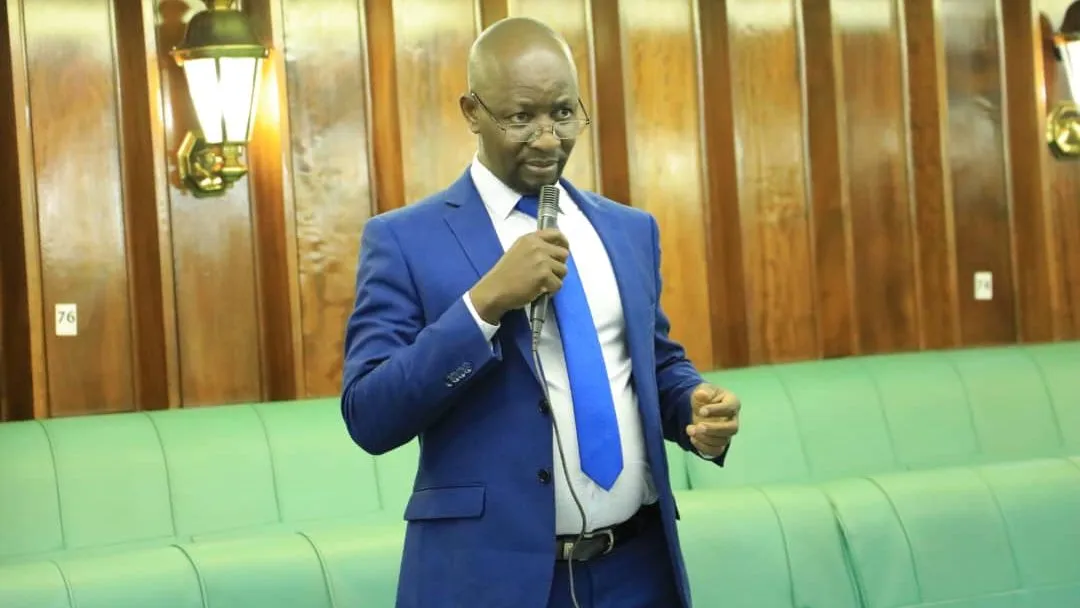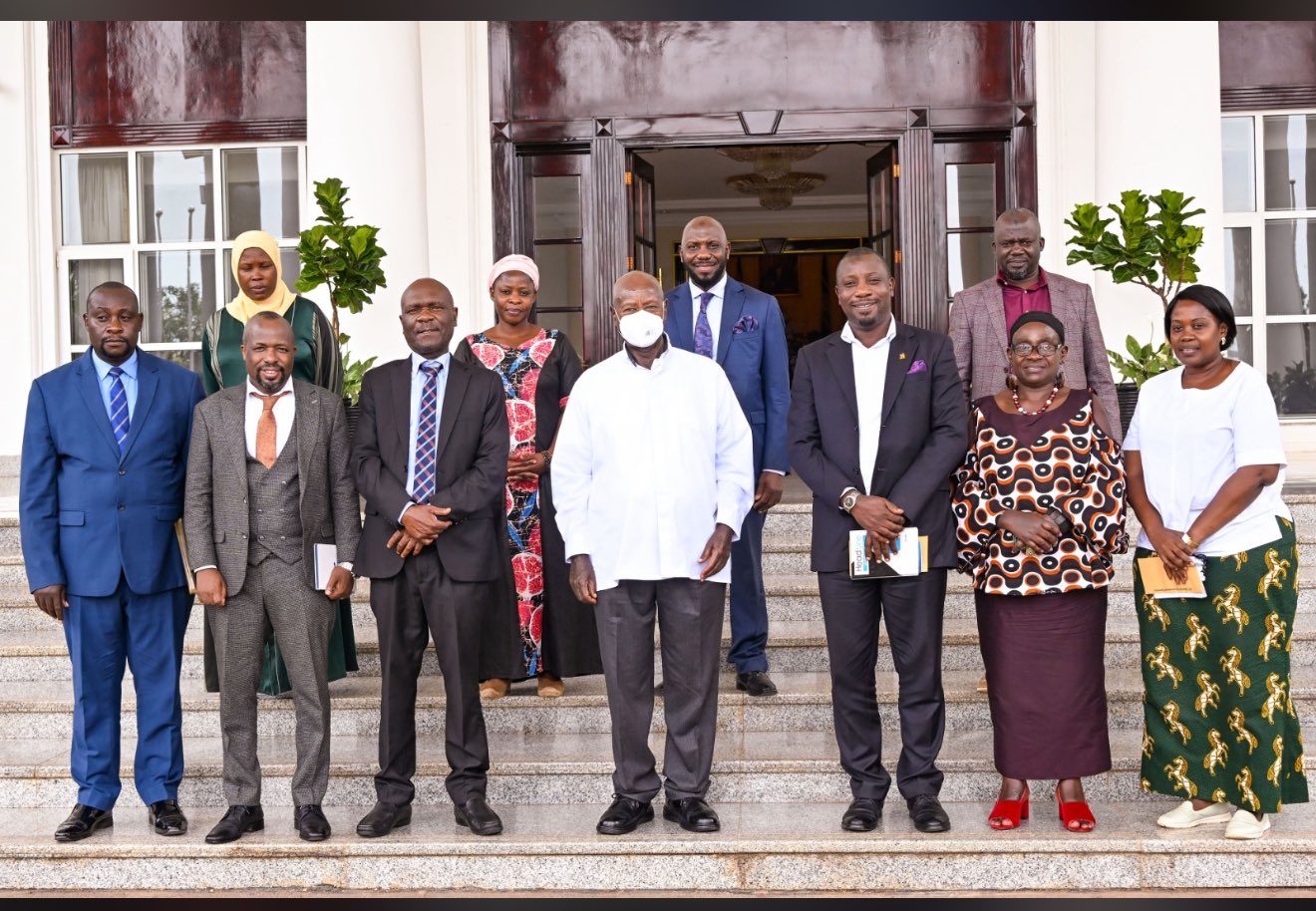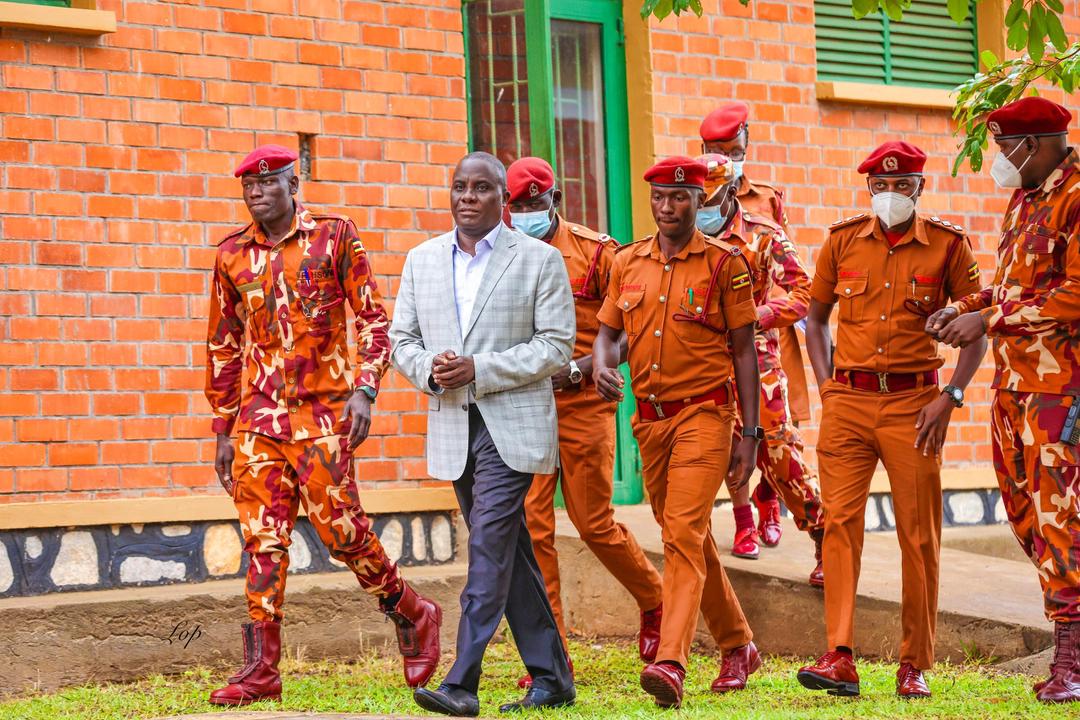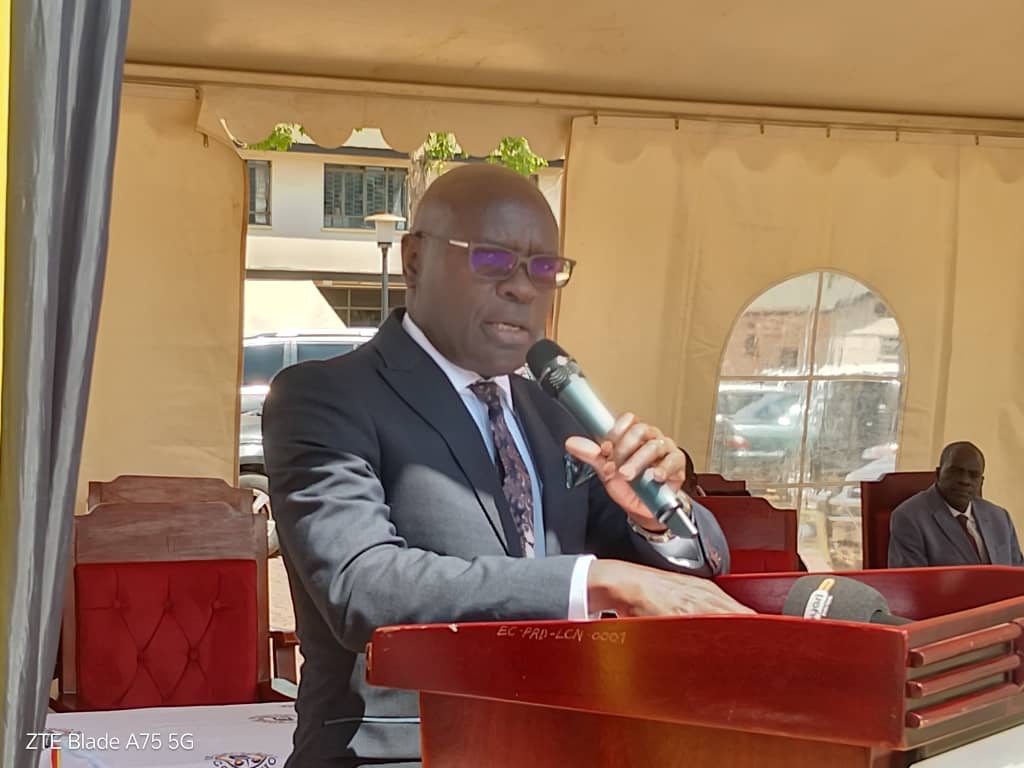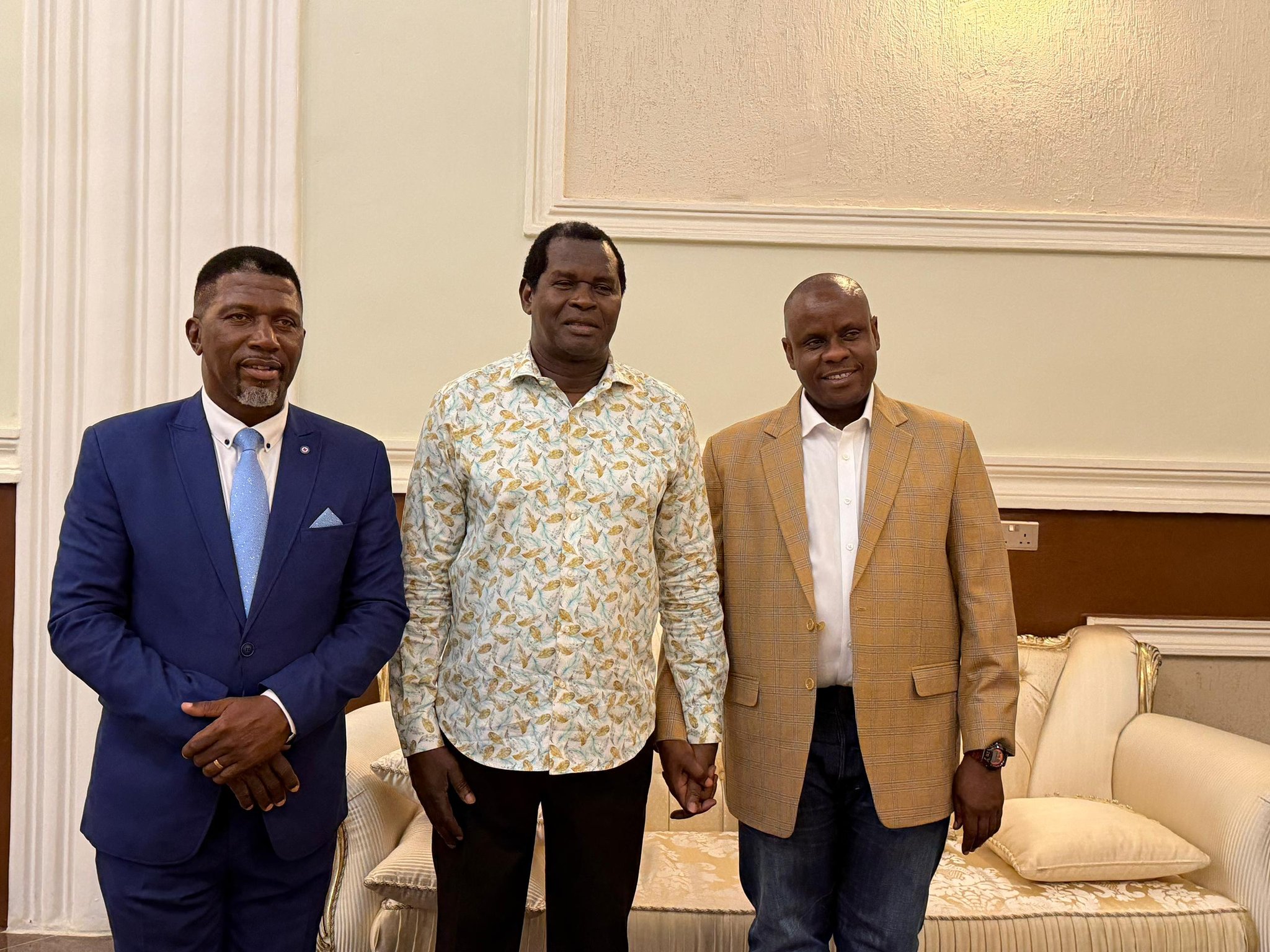Over the past week, Ibrahim Ssemujju Nganda, the MP for Kira Municipality, has shaken delicate political tables. In short, he has called upon Uganda’s opposition parties to choose better, smarter candidates for Parliament in the 2026 elections.
“We need MPs who can read budgets, understand laws, and argue well, not people who are good at singing or giving food at funerals,” he said on CBS FM‘s evening talk show, Kiriza oba Gana.
Ssemujju didn’t stop there. On NBS TV this week, he said the opposition does not need “Kaperes” (comedians) as MPs because they will play into the hands of President Museveni, who equally does not like ‘substantive leaders’.
“It’s like building a house with clowns as builders. It might look fun, but it will fall when trouble comes,” he said.
What triggered Ssemujju’s one-man crusade for smarter MPs was the decision by the National Unity Platform (NUP), the largest opposition party in Uganda, to choose singer Mathias Walukagga to run in Busiro East instead of the experienced MP and lawyer Medard Sseggona for the 2026 elections.
His words have started a big debate on social media platforms with divided opinions. Some people have endorsed his view. Others have said he is acting superior, like he is better than ordinary people.
Yet as we prepare for the 2026 elections, Ssemujju’s fight raises questions: Can one man change how opposition parties pick candidates? Will it hurt his support in Kira, where many young people are jobless? And how will it affect his relationship with NUP?
Ssemujju, 52, is no stranger to speaking out. Before becoming MP for Kyadondo East in 2011, he was a prominent political journalist working with The Observer newspaper. He reported extensively about Parliament and often ran into trouble with the MPs.
In the early 2000s, while a reporter for Daily Monitor, UPDF’s Col Fred Bogere nearly manhandled Ssemujju in the corridors of Parliament over a critical story he had written about him. Security had to intervene.
Yet he was one of the better-informed political journalists. He knew parliament’s rules of proceedures by heart, he researched widely about past parliaments, was very inquisitive, and could smell a good or unique story from a distance.
While Ssemujju was not a gifted writer, he was a prolific reporter. Ssemujju could sit at his computer and churn out four stories in a day.
For those who might not know, Ssemujju broke the story of the “Malwa Group”, a group of MPs and senior politicians who held regular meetings in 20023 aimed at laying strategies to oppose the removal of the term limits. They usually met at Hotel Africana and included “Movement” bigwigs like Amanya Mushega, Gen Mugisha Muntu, and Augustine Ruzindana.
It is Charles Romushana, a security operative-cum-political analyst, who christened them “Malwa Group,” and the name stuck.
Ssemujju later became president of the Uganda Parliamentary Press Association (UPPA), where he continued to ask tough questions of the parliamentary leadership.
“He taught us to challenge power,” said a journalist who worked under him at The Observer.
Why the 2026 election feels like an old movie whose ending is already known
Ssemujju entered Parliament with the same gusto in 2011, and it was not long before he became a national figure.
Yet his words about the need to have smarter, eloquent MPs have caused a storm.
After his comments, NUP supporters attacked him online, calling him jealous or comparing him to Mathias Mpuuga, the former NUP deputy president, who fell out with the party over the Shs 500 million service award.
“The voters decide who is good enough, not Ssemujju,” said Jane Nakato from Busiro in a Facebook post.
Others in Kira, like 25-year-old boda rider Patrick Ssentamu, said Ssemujju talks big but has not done enough “on the ground.”
“He drives a nice car while we struggle,” Ssentamu said.
Can Ssemujju win this fight?
It is a tough road ahead. Some have said NUP’s strategy of choosing popular people like Walukagga works because voters love familiar faces, like Robert Kyagulanyi aka Bobi Wine, who won hearts with his music and charisma when he emerged on the political scene in 2017.
“Populism wins votes. Ssemujju’s ideas win debates,” said one analyst. “Ssemujju’s push for smarter MPs could help the opposition in the future, but it might push away voters now.”
In Kira Municipality, Ssemujju still enjoys massive popularity. Many of those who vote for him do so because they see him as an able leader who can effectively represent them. They do not mind his political affiliation.
But the times could be changing.
In 2016, when he shifted from Kyadondo East to Kira Municipality, Ssemujju defeated his closest challenger, Juliet Najjuma of the NRM, with a difference of 30,000 votes. In 2021, he got 1,000 fewer votes than he garnered in 2016 but defeated NUP’s Jimmy Lukwago with a margin of 25,000 votes.
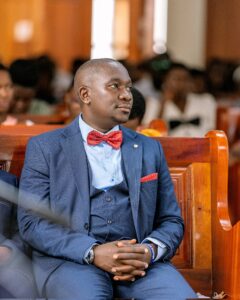
Now, NUP has picked lawyer George Musisi to challenge him. Musisi is popular with the youth and has promised skills training and to fight corruption. He also fairly eloquent and has. used Ssemujju’s “elitist” cry to tout him.
“Why vote for someone who calls our singers unfit when we need leaders who care?” Musisi recently queried. Musisi is likely to give Ssemujju a bigger battle, but the PFF candidate is expected to prevail nonetheless.
Bigger Picture
Yet for others who look at the bigger picture, Ssemujju’s fight is not just about one singer or one seat. It is about building an opposition strong enough to challenge NRM. He wants parties to train MPs and pick candidates based on skills, not fame.
From his days as a journalist to when he became an MP, Ssemujju has always fought for truth, no matter the consequences.
NUP appointed him shadow minister for Finance even when they knew that he would not hesitate to turn his gun towards them in situations like these. It is evidence that they treasure his knowledge and legislative abilities even when they may feel hurt by what he says.
Whether it helps or hurts him, Ssemujju’s fight for smarter opposition MPs has started a serious talk that Uganda must face.
In our parliament, where the NRM has always used its numerical dominance to pass dodgy bills, silence on the part of the opposition is the real failure.



